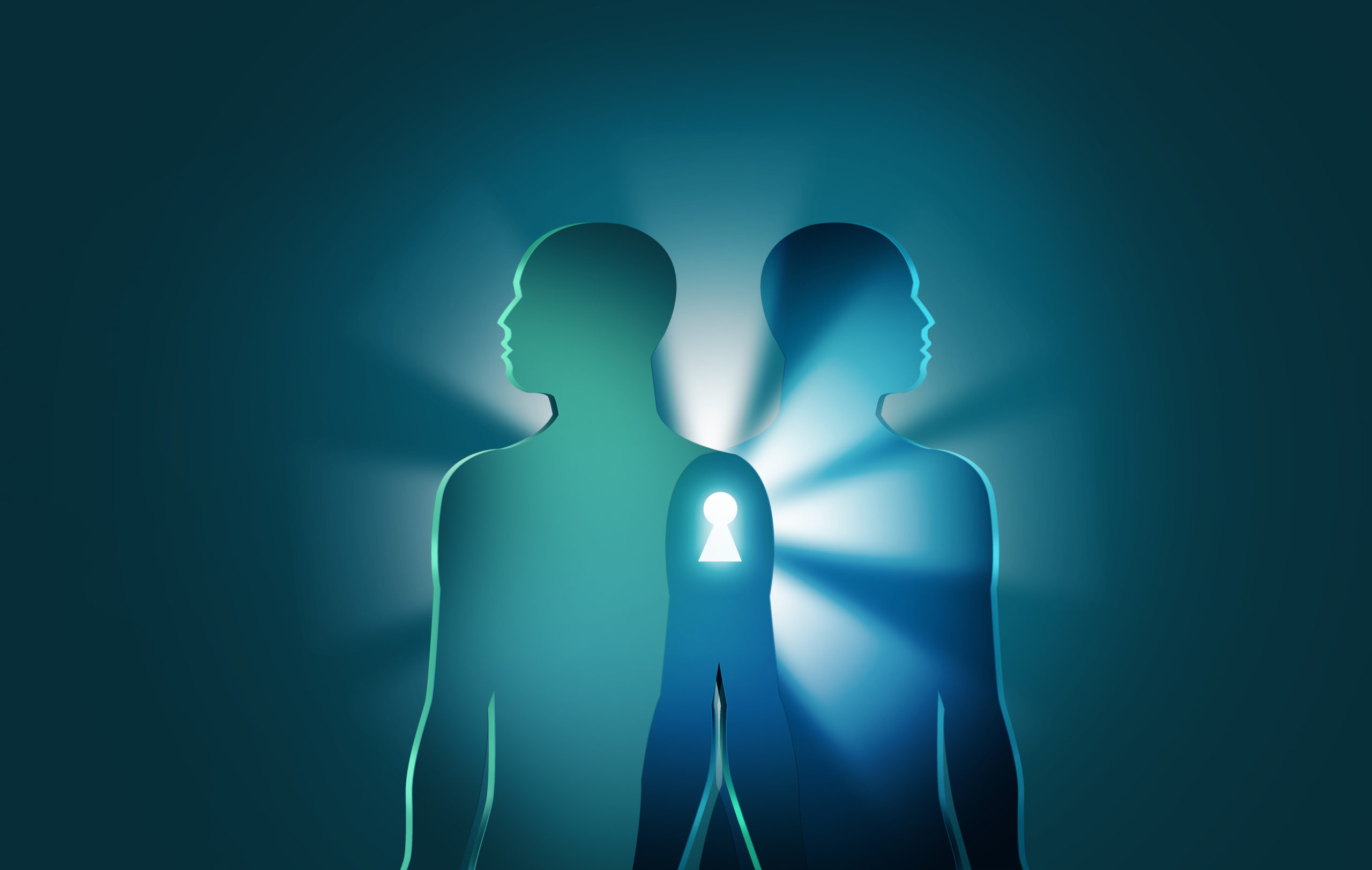Podcast description: Materialism is dead. There are simply too many questions left unanswered after years of studying the brain. Now, people are scrambling for a new way to understand the mind-body relationship. Cartesian dualism has become a whipping boy in philosophy, but it has advantages over the alternatives. Dr. Joshua Farris discusses Cartesianism and philosophy with Dr. Michael Egnor.


Not sure what you're saying here. Do you really think I'm a creationist or something? Did you even read the article I linked with your full attention?
Nobody is saying the theory of evolution is wrong, just that there was something else other than matter that was a participant in natural selection.
I'm saying these are creationist claims wrapped up in a veneer of philosophy and being promulgated by a creationist in the podcast that you linked.
Dang, dawg, I don't even have evidence that you read past the first couple sentences in my reply above. Yes, I read the article. It's not very well written and makes a lot of baffling claims, some of which I tried to address. Let's look at what we might describe as Kastrup's thesis:
But, per Patricia Churchland:
Ah, so the game is to redefine "physicalism" as to exclude everything that isn't matter? Again, I don't think anyone believes this. Information is not material - it can be encoded on and retrieved from physical substrates. Yet I don't think anyone is out there arguing that information in and of itself does not or cannot exist.
I didn't reply to every bit of your comment because most of it is just missing the point in ever more convoluted ways, and that includes most of this one. The Churchland quote in particular bares no relevance at all for what I'm trying to convey here so I'm not gonna be replying to any of that.
My argument (and the article's) is more specific than your vague gesturing:
Physicalism denies qualia (whatever that may be) in of itself any causal efficacy in the material world, whether by (somehow) equating it on an ontological level with configurations of matter or claiming each fundamental particle is a tiny bit conscious (that's usually called panpsychism).
If the specific qualities of qualia in of themselves (whatever they may be) cannot effect any change in the material world and if the theory of natural selection is true then it is quite wonderous that they correspond so well with what our body is currently doing.
You specifically mentioned pain as being evolutionarily beneficial (which I agree, it clearly is), and by doing so you inadvertently gave it causal efficacy, so that statement cannot possibly make sense in a purely physicalist account of consciousness unless you assume this wonderous coincidence that it just happens to be so.
When you think about it that sounds more like creationism than what I'm proposing.
The Churchland quote was literally a direct response to the central nugget of the Karstrup piece. I'm not sure what else I was supposed to take away from that. Maybe you should do what you're demanding from me and read the piece with your full attention.
This is a strawman. Physicalism leads to the conclusion that qualia are an emergent property of interactions of matter. It doesn't require self-similarity at every level of organization. Heck, Karstrup is the one making the panpsychist argument in his conclusion: "[consciousness] can only have been there from the beginning as an intrinsic, irreducible fact of nature."
I don't know how many times I'm going to have to copy-paste this but: Qualia can be associated with neuronal activity and can lead to observable changes in behavior. Literally what the Churchland piece says, and she's arguing against your position. From further down:
Qualia are associated with physical states of the brain. Whether they're an emergent property of something more fundamental is of no consequence to evolution.
Keep flailing, I think there's some straw that you missed there.
It's not a strawman, you've yet to explain how your entire framework doesn't rely on this miraculous coincidence that qualia corresponds so well to what our bodies are actually doing.
Churchland is right, physicalism doesn't explain why X = Y instead X = Z but it kinda should otherwise you end up with this absurd coincidence that just so happened against all odds.
You're avoiding the argument again.
Yes, what you just quoted is true about physicalism, it doesn't answer the why but in this particular case it should be doing that, because again, otherwise you end up with an absurdity of assuming something extremely unlikely. That's why I'm saying physicalism is an inadequate framework for explaining consciousness.
Okay, maybe I'm just lost on what you're asserting here. Why what does what? Why the brain is capable of producing an internal state that's connected to what's happening in the body? Because that's like, what it's for, man.
Alright let's do a though experiment.
Let's take your eyesight. Imagine that instead of your normal eyesight you have almost the same thing but a single "qualia pixel" in the upper right corner of your eyesight is colored bright pink for whatever unknown reason. Why is that image not your real eyesight instead of your actual one?
Now imagine a few more pixels changing randomly, then imagine all the possible permutations of all colors for each pixel. Why aren't any of those your real eyesight? It seems there is no reason why they wouldn't be any of those other configurations because your body would be acting in the exact same way as it did before since it's entirely controlled by what unconscious matter is doing.
Do you see the absurdity now? It seems highly unlikely that our qualia should be just as they are. So shouldn't we be trying to find out why X = Y instead of Z in this case?